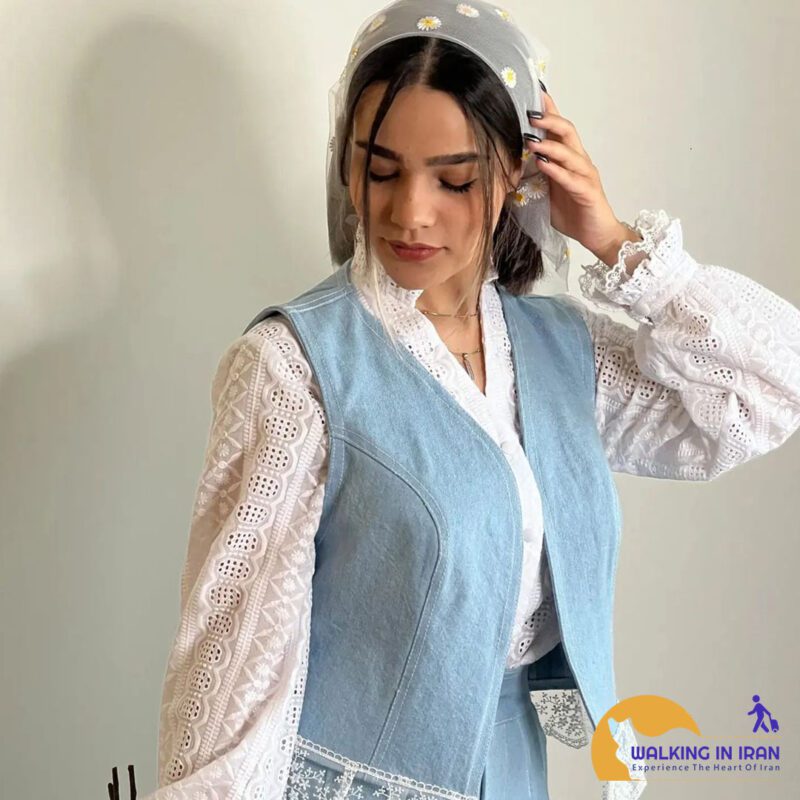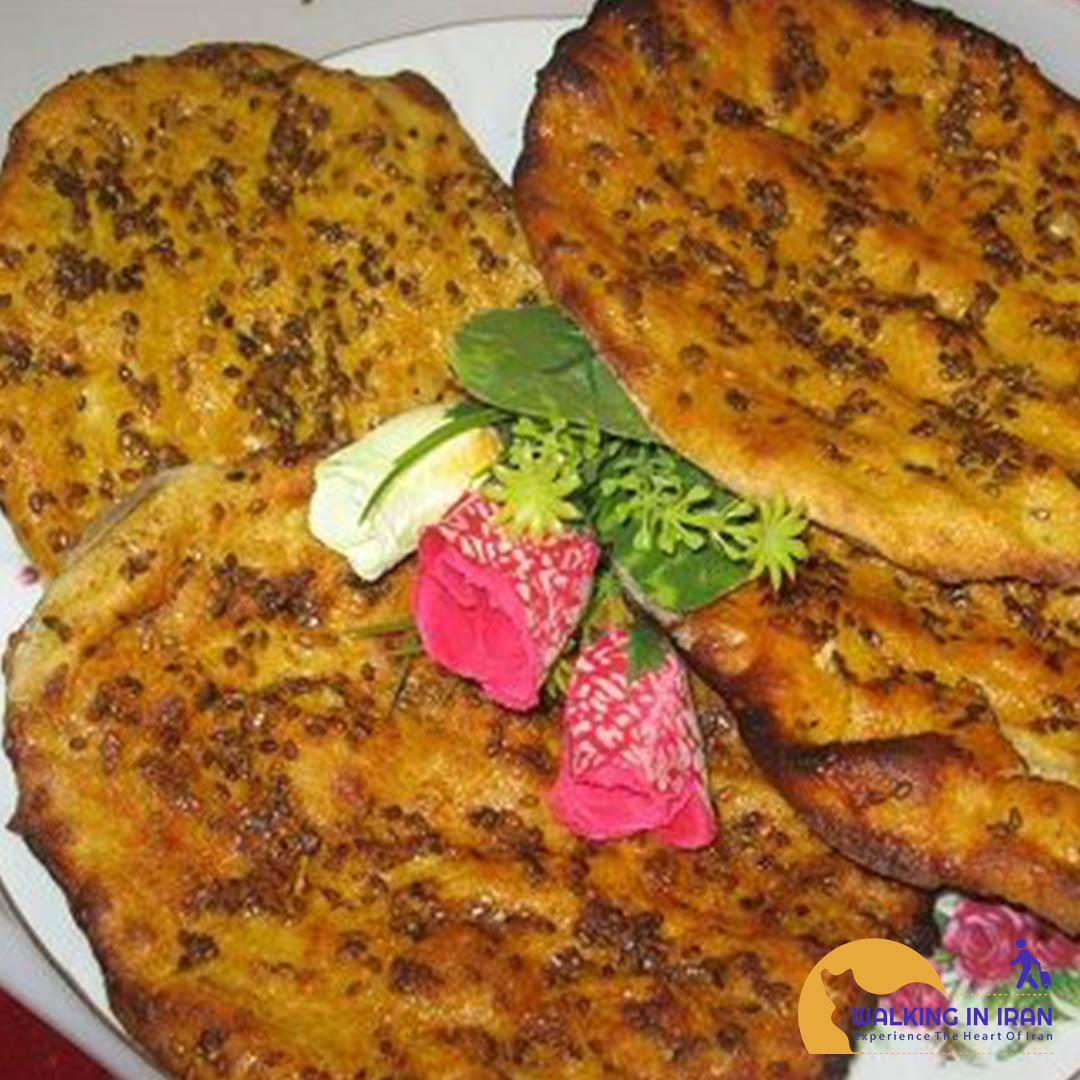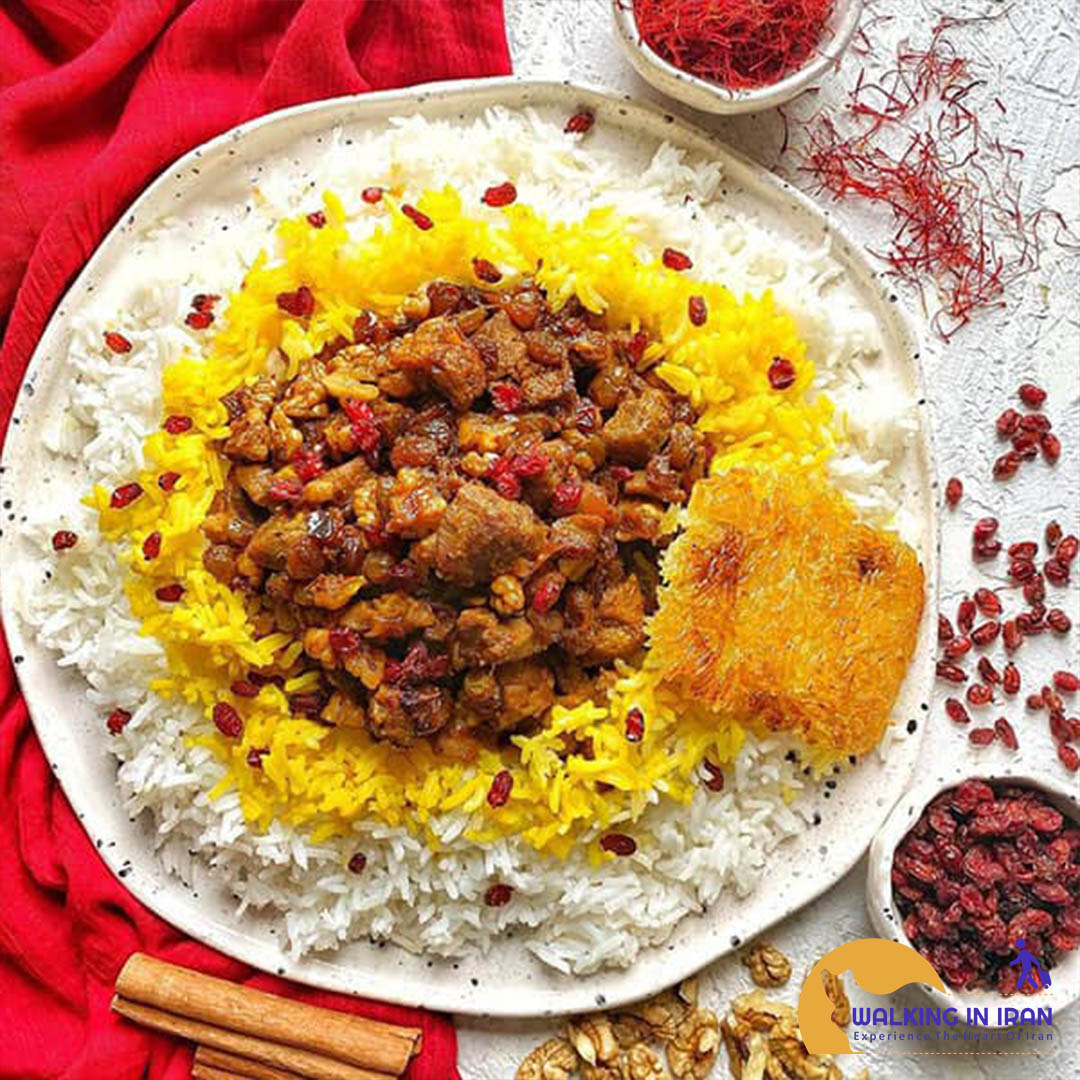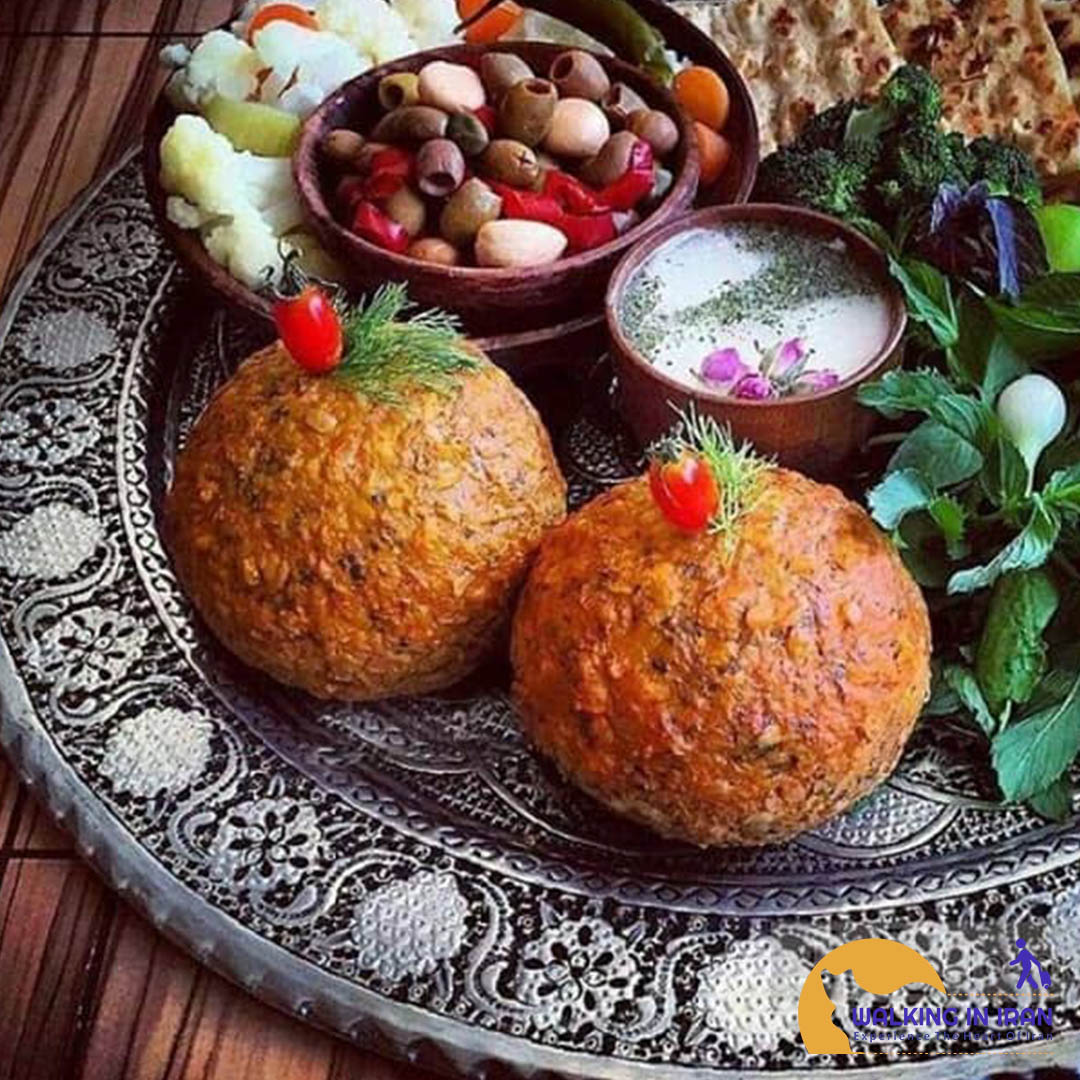Sekmehdozi: a delicate and original art from the land of Iran
Sekme-dozi is one of the most beautiful and delicate traditional arts of Iran, which uses needle and thread to create network and fountain-like designs on the fabric. This rich art is rooted in the history and culture of Iran and creates unique works by combining art and geometry.
History of embroidery
The exact history of the origin of needlework is not known, but its roots can be found in Iranian traditional and ritual arts. Since ancient times, Iranians have been interested in decorating their clothes and textiles with beautiful designs, and needlework has been one of the popular methods for this.
Raw materials and tools used
- Fabric: Fabrics used in embroidery are usually made of cotton, silk or velvet.
- Thread: High quality and diverse colored threads are used for sewing designs.
- Needle: Special sewing needles of different sizes are used for precise and delicate sewing.
- Scissors: Scissors are used to cut fabric and thread.
- Loop: The loop is used to pull the fabric and sew more easily.
Unique features of embroidery - Grid designs: The designs used in embroidery often consist of simple geometric shapes such as squares, triangles, and circles, which, with creative combinations, create grid and spring-like patterns.
- Variety of designs: Embroidery has a very high variety of designs and unique designs can be created by changing the size, shape and color of springs.
- Accuracy and elegance: artists sew designs on fabric with exemplary accuracy and elegance, and each of these designs requires hours of time and energy.
Applications of embroidery - Garment decoration: embroidery is used to decorate all kinds of clothes, including local, formal and ceremonial clothes.
- Decoration of home textiles: tablecloths, pillowcases, curtains and other home textiles are also decorated using needlework.
- Creating art panels: Artists create beautiful art panels using embroidery techniques.
The importance of preserving and reviving the art of embroidery
As one of the most valuable cultural heritages of Iran, embroidery is very important. Preservation and revival of this art can help the following goals: - Preservation of cultural identity: embroidery is a part of Iran’s cultural identity and preserving it means preserving a part of the history and culture of this land.
- Creating employment: training and developing the art of embroidery can help create employment for women and girls.




Join The Discussion